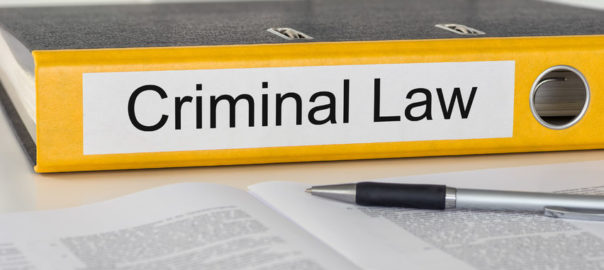f you have been charged with a crime in Oklahoma the Tulsa County Arraignment hearing is the first formal step in the criminal court process. This hearing serves as an opportunity for the court to inform you of the charges against you, advise you of your rights, and allow you to enter a plea. The arraignment applies to both felony and misdemeanor charges in Oklahoma. Understanding what to expect at your Tulsa County arraignment can help you navigate the process and protect your legal rights.
Purpose of the Arraignment Hearing
The arraignment hearing is not a trial, instead, it serves a few different purposes. First, the judge will formally read the criminal charges filed against you. They will also advise you of your rights: the right to an attorney, the right to remain silent, and the right to a fair trial.
You will then have the opportunity to plead guilty, not guilty, or no contest. In some cases, the judge may determine whether to release you on your own recognizance, set a bond amount, or impose certain restrictions.
How to Prepare for Your Tulsa County Arraignment
It is in your best interests to have a criminal defense attorney present at your arraignment, as they can help you understand the charges, advise you on your plea, and argue for reasonable bail. However, if you cannot afford one, the court may appoint a public defender.
At your arraignment, you will need to enter one of the following pleas:
- Not Guilty – This means you deny the charges and wish to contest them in court and is the most common plea at an arraignment, allowing your attorney time to prepare your defense.
- Guilty – This means you admit to the charges and accept sentencing, which could result in fines, probation, or jail time.
- No Contest (Nolo Contendere) – This means you do not admit guilt but accept punishment. This plea is often for cases where civil liability may be an issue.
If you are unsure how to plead, consult with your attorney before making a decision.
What Happens at the Arraignment Hearing?
At the hearing itself, there are a few things that will happen, such as:
A. Courtroom Procedures
- You will be called before the judge, who will verify your identity and read the formal charges against you.
- If you do not have an attorney, the judge may ask if you wish to have one appointed.
- The judge will inform you of your constitutional rights.
B. Bail and Release Conditions
If you have been arrested, the judge will determine whether to:
- Release you on your own recognizance (meaning you promise to return to court without posting bail).
- Set bail or bond, requiring payment before release.
- Deny bail if the court considers you a flight risk or a danger to the community.
Your attorney can argue for lower bail or alternative release conditions based on your background, ties to the community, and the severity of the charges.
C. Scheduling Future Court Dates
After entering a plea, the court schedules your next hearing, which could be a pretrial conference, motion hearing, or trial date. It is crucial to attend all scheduled hearings, as failure to appear can result in a warrant for your arrest.
Tulsa County Criminal Defense Attorneys
Your arraignment hearing in Tulsa County is a critical step in the legal process, setting the stage for your defense. Whether you face misdemeanor or felony charges, having an attorney by your side ensures that you understand your rights, make informed decisions, and take the necessary steps to protect your future. If you have been charged with a crime, contact the Tulsa criminal defense attorneys at Tulsa County Lawyers Group by calling us at (918)–379-4864

